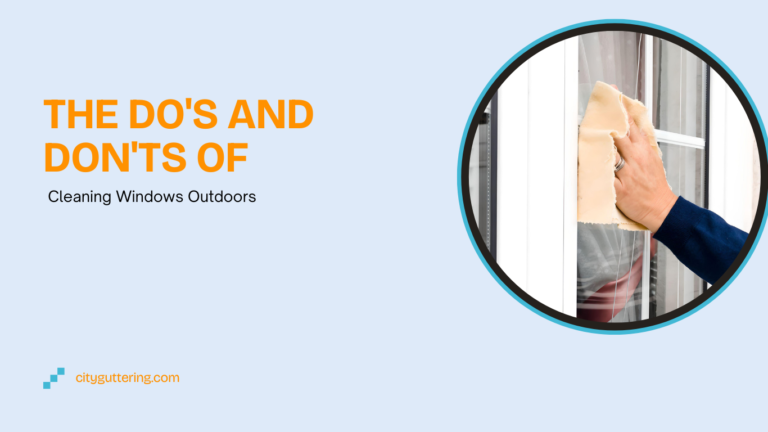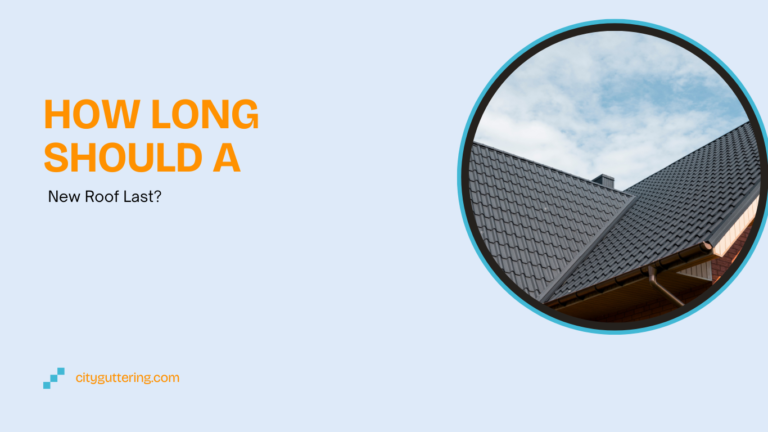Keeping your property looking clean and well-maintained isn’t just about curb appeal. it’s also about protecting surfaces from long-term damage.
Over time, driveways, patios, and exterior walls can collect dirt, mold, algae, and stains that regular cleaning won’t remove. That’s where methods like power washing and pressure washing come in.
Although they might sound similar, these two techniques serve different purposes. If you’re unsure which is right for your home or business in London or Surrey, this guide breaks down the key differences and explains when each method works best.
The Basics
What Is Power Washing?
Power washing involves the use of high-pressure water that has been heated. The temperature of the water plays a critical role, especially in removing grease, mildew, salt, or deep-set grime. Think of it as a cleaning method with an added heat element, much like washing greasy dishes in hot water instead of cold.
Power washing is commonly used on:
- Concrete driveways
- Commercial pavements
- Heavily stained patios
- Mold-covered bricks
The heated water breaks down stubborn substances more effectively, making power washing suitable for areas where oil stains or algae build-up are common.
What Is Pressure Washing?
Pressure washing also involves high-pressure water, but without the heat. It’s effective for surfaces that need a strong stream of water to remove dirt, mud, or mold but don’t necessarily require hot water to break down tough substances.
Pressure washing is typically used for:
- Decks and fences
- Outdoor furniture
- Gutter exteriors
- House siding
Since it lacks the heat component, pressure washing is generally safer for softer or more delicate surfaces.

Key Differences at a Glance
While both methods use pressurized water to clean, they differ in key ways:
| Feature | Power Washing | Pressure Washing |
| Water Temperature | Heated | Not heated |
| Ideal For | Tough grime, oil, mold | Surface-level dirt and debris |
| Common Surfaces | Concrete, driveways, pavements | Decks, siding, gutters |
| Risk of Surface Damage | Higher due to heat | Lower with proper use |
| Equipment Cost | More expensive and bulky | More affordable and portable |
The main difference comes down to heat. Heated water can be more effective in breaking down oily residues or years of neglect, but it also comes with a higher risk of damage if used incorrectly.
Which Method Is Best for Your Property in London or Surrey?
Residential Needs
Homeowners in areas like Croydon, Wimbledon, and Guildford often benefit from pressure washing for routine cleaning. Patios that have collected dirt over the rainy seasons, siding with mild mildew stains, or garden pathways needing a refresh all respond well to pressure washing.
For homes that have older brickwork or painted surfaces, pressure washing is safer. The lack of heat reduces the risk of paint chipping or structural weakening, especially on historical or older properties found across South London.
Power washing, on the other hand, can be useful for dealing with heavy moss growth or oil stains on driveways and garage floors, common problems in shaded areas or households with multiple vehicles.
Commercial Cleaning
Commercial properties in Central London or business parks across Surrey face different challenges. Foot traffic, delivery trucks, and city pollution all lead to hardened dirt and oil on pavements, car parks, or building fronts.
In these settings, power washing is often more appropriate. Heated water combined with pressure can break through chewing gum stuck to footpaths or motor oil embedded in concrete parking bays. However, careful surface evaluation is needed before using heat, especially near signage or painted trims.

Why This Matters for Gutter Health
You might wonder what power or pressure washing has to do with gutters. but it’s more connected than you think.
Gutters collect runoff from roofs, but also become a gathering point for leaves, algae, and debris. If the areas around your gutters are dirty, like fascias, soffits, or the roof edges. it increases the chance of blockages and mold entering the gutter system.
Pressure washing can clean these delicate areas effectively without damage. In fact, it’s one of the most recommended methods to clean uPVC gutter exteriors, downpipes, and trims. For areas where mold has developed due to water stagnation, a light detergent and pressure washing combo can restore the appearance.
In more severe cases, where moss or algae has grown from gutters onto nearby roof tiles or walls, power washing can be used, but only by professionals who understand the surface risk and safety measures.
Safety Considerations and Risks
Both cleaning methods, while effective, come with potential risks if done incorrectly.
Common risks include:
- Stripping paint from walls or fences
- Damaging roof shingles or tiles
- Forcing water into cracks or window seals
- Scarring wooden surfaces
- Loosening gutter joints or clips
Using the wrong technique or nozzle can easily turn a simple cleaning job into an expensive repair. That’s why professional services like ours at City Guttering London assess each surface, choose the appropriate pressure level, and take care to avoid sensitive areas.
When to Call a Professional Service
Exterior cleaning might look simple on the surface, but it’s easy to underestimate the power of high-pressure equipment. Many homeowners attempt DIY pressure washing only to find they’ve damaged mortar joints or chipped brickwork.
You should consider hiring a cleaning professional if:
- You notice algae or moss returning every few months
- Your driveway has oil stains that don’t go away with cold water
- The walls around your guttering are stained or green
- Your patio has become dangerously slippery
- You have a multi-storey property or limited access
Professionals have the right tools, cleaning agents, and safety gear to get the job done properly. Most importantly, they know when not to wash, a decision just as important as when to do it.

City Guttering London’s Approach to Exterior Cleaning
At City Guttering London, we don’t just clear out gutters, we help maintain the entire system, inside and out. That includes carefully washing fascia boards, inspecting downspouts, and cleaning surrounding surfaces like roof edges, brickwork, and patios when needed.
Our technicians know when to use power vs pressure washing based on:
- The age and type of surface
- The level of grime or growth present
- Seasonal considerations (like winter mold or summer dust)
- The proximity to gutter lines and fixtures
With instant telephone inspections and quotes in 45 minutes, we make it easy to restore the clean look of your property, safely and effectively.
FAQs About Power Washing vs Pressure Washing in London
Q. 1 Can pressure washing damage my gutter system?
A. Yes, if done incorrectly. However, with the right nozzle and distance, it’s a safe way to clean gutter exteriors and nearby fascias.
Q. 2 Is power washing too harsh for older homes?
A. It can be, especially for homes with weathered brick or wood. Always consult a specialist before using heated water.
Q. 3 How often should I clean my exterior surfaces?
A. Most properties benefit from annual cleaning, but shady or damp locations may need bi-annual service to prevent moss and algae buildup.
Q. 4 Do you offer combined gutter and patio cleaning services?
A. Yes! City Guttering London offers packages that include gutter clearing, fascia cleaning, and pressure washing for nearby surfaces.





